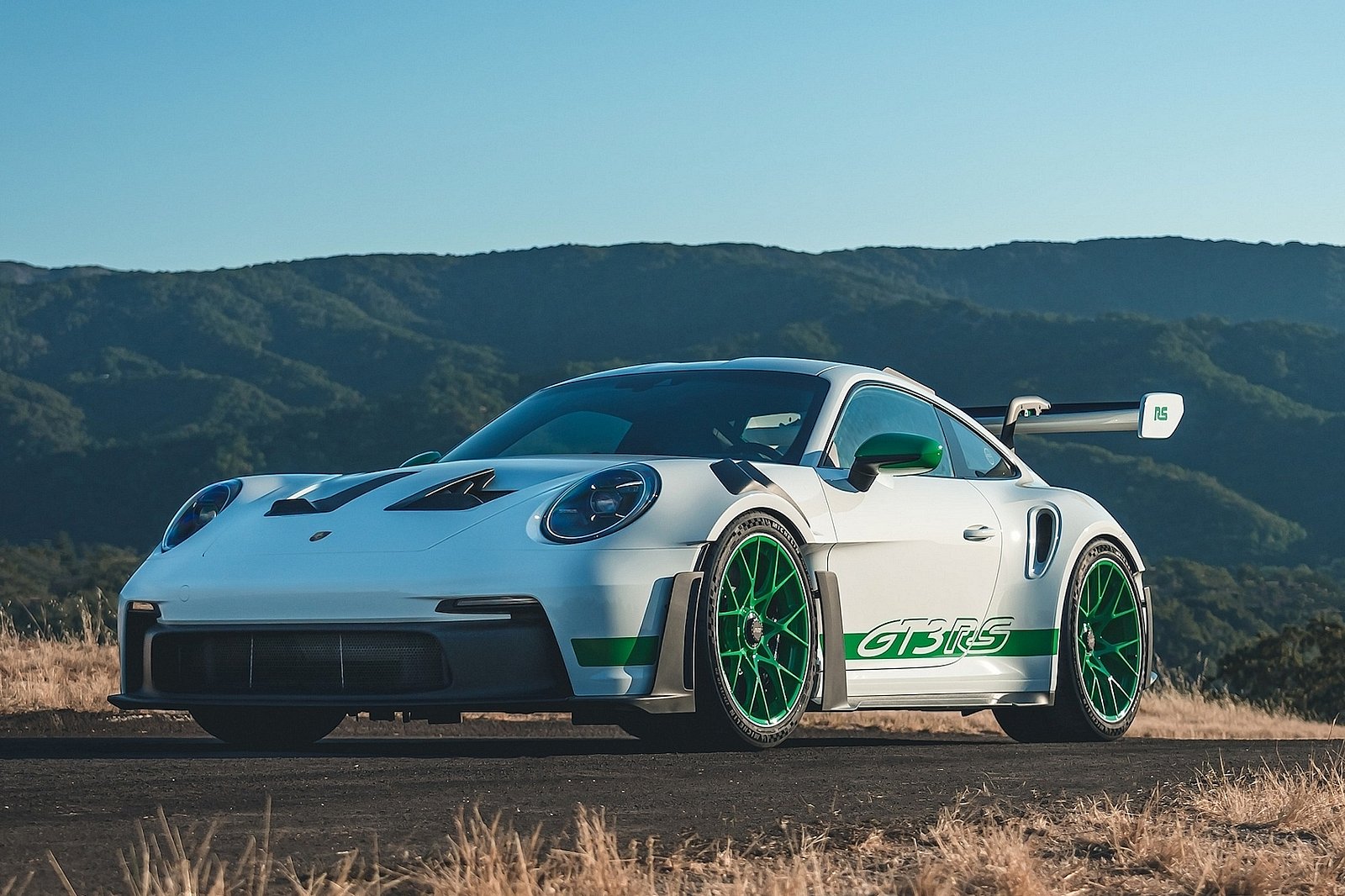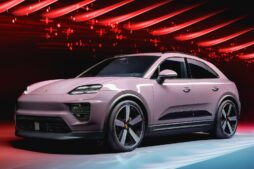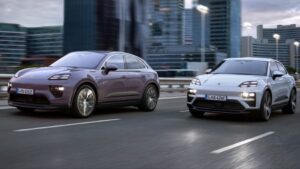Forced EV Production Ineffective Without Customer Demand – Automakers’ Struggle Continues
According to the Chief Financial Officer of Porsche, Lutz Meschke, there is a possibility of Europe delaying its proposed ban on combustion engines. Despite a recent study revealing that the advancements in combustion technology have been nullified due to factors such as added weight, Europe has yet to finalize their stance on reducing emissions. In fact, instead of implementing strict regulations across the board, they have chosen to weaken the rules for passenger vehicles and tighten them for heavier ones like buses and trucks.
On Thursday, Meschke reported to Bloomberg that “There’s a lot of discussions right now around the end of the combustion engine (sic),” and he believes that it may be postponed.
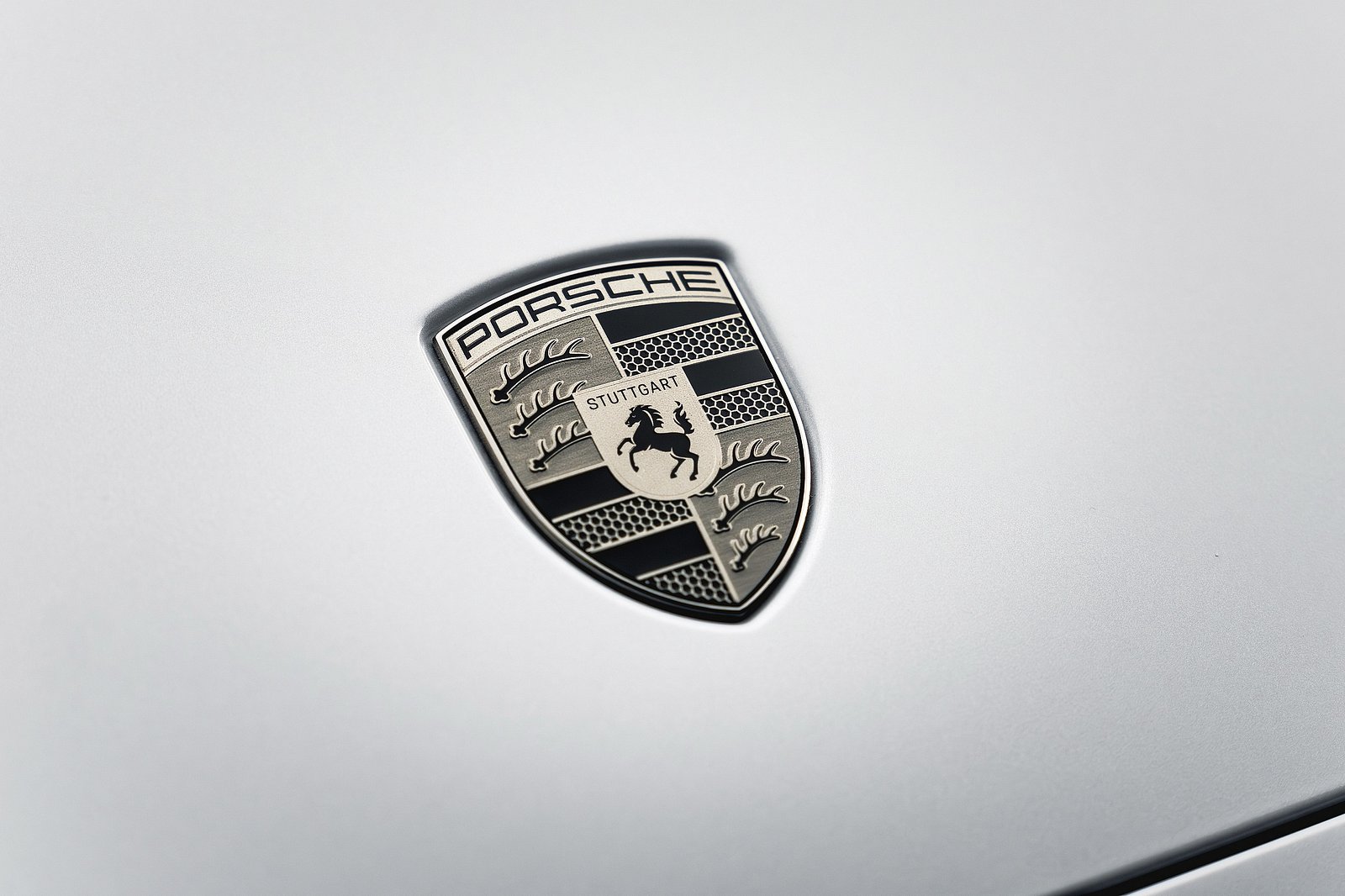
British Prime Minister Rishi Sunak recently disclosed the decision to push back their plan of implementing the combustion ban until 2035. In his announcement, he cited significant initial expenses for consumers and insufficient infrastructure for charging as the primary factors preventing the general public from being compelled to purchase electric vehicles.
Europe has been reluctant to fully embrace electric vehicles, displaying similar reservations as the bloc’s EV adoption rates have not shown significant progress towards achieving its electrification objectives. Furthermore, there has been a withdrawal of incentives for purchasing these vehicles. Meschke emphasized that while Porsche clientele may not require any external motivation to afford an EV, the average consumer does.
The CFO stated, “If we are currently facing a situation similar to the one we have now, where there is a certain hesitation in Europe towards purchasing electric cars, then it is possible that subsidies will be reintroduced.”
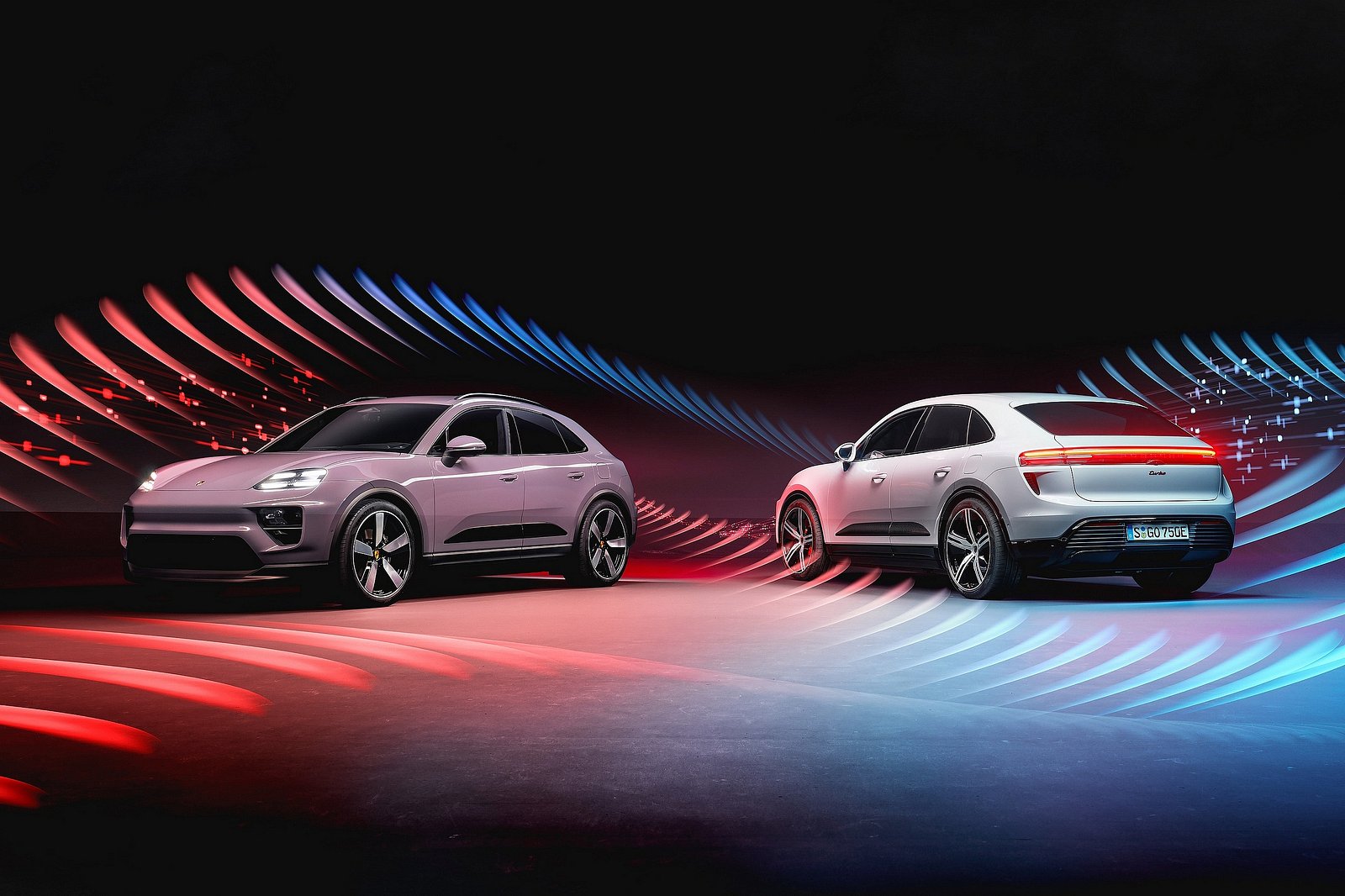
The current state of affairs in Europe presents an intriguing scenario. Major car manufacturers such as BMW have strongly advocated for phasing out combustion engines, while Germany insists on preserving this technology by utilizing synthetic fuels. Simultaneously, the influx of Chinese electric vehicles into the market implies that there is no scarcity of affordable options; rather, a scarcity of those produced in Europe.
This raises doubts about whether the matter of electrification is a matter of practicality or simply a matter of political economics.
Despite the intentions and potential results, Porsche will be ready to face any challenges. The company recently introduced their inaugural all-electric SUV that is built upon the popular Macan model, a high-performing car in their line-up. Meanwhile, at the opposite end of the spectrum, the naturally aspirated 4.0-liter flat-six engine continues its development and increasingly focuses on enhancing efficiency.
In the midst of it all, Porsche is making strides in creating exceptional hybrid models. Regardless of Europe’s conclusion, the distinguished sports cars from Stuttgart are here to stay.
